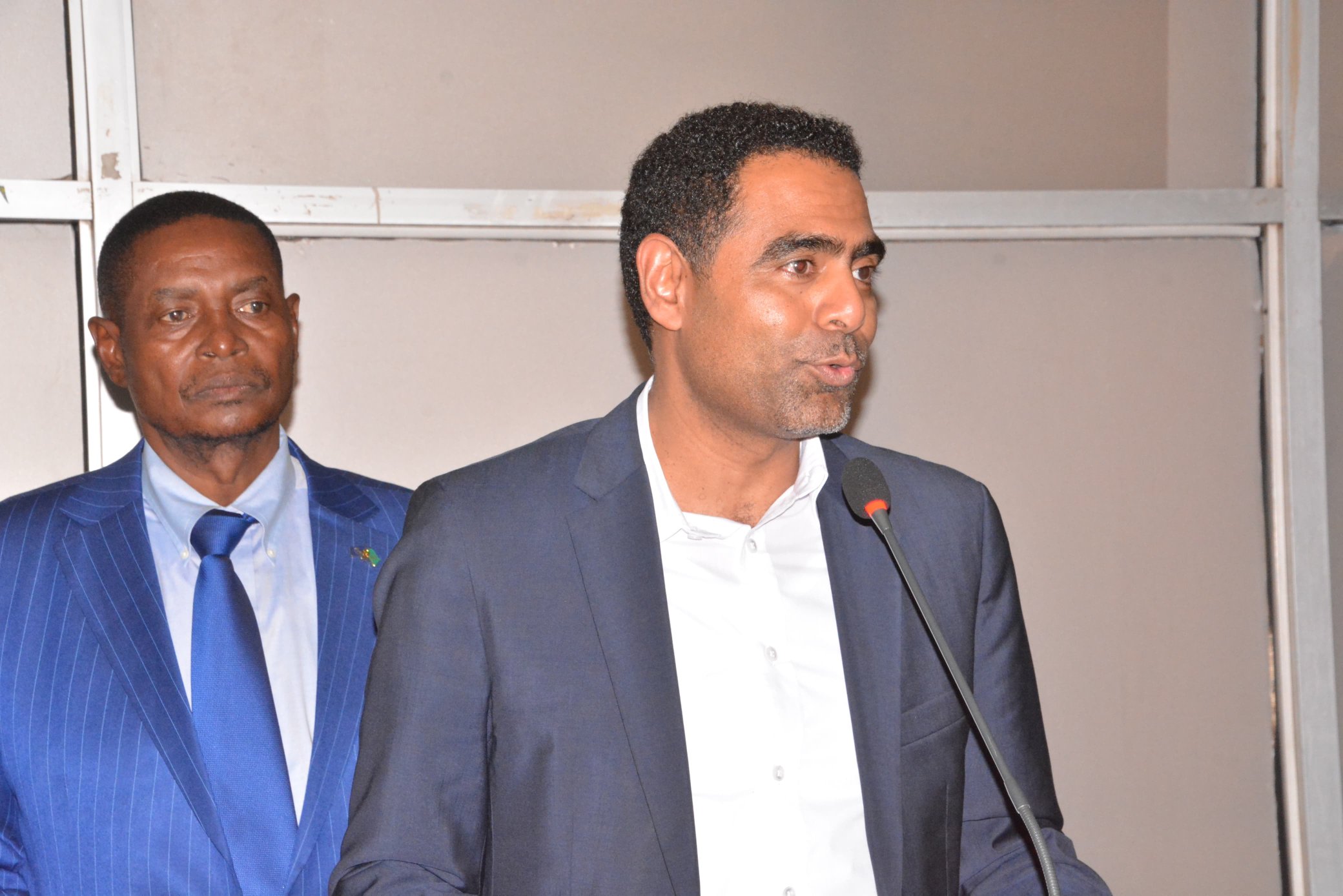NCIC bias undermining national unity

The 2008 National Cohesion and Integration Act was established to foster peaceful coexistence among Kenya’s diverse communities. It prohibits hate speech, defined as speech that is threatening, abusive, or insulting, and likely to stir up ethnic hatred.
The Act also provides penalties for hate speech, including imprisonment or fines, and mandates the National Cohesion and Integration Commission (NCIC) to investigate and recommend prosecution of individuals responsible for acts that threaten national cohesion. While this framework aims to create a just and harmonious society, its implementation has been fraught with challenges.
The NCIC has demonstrated glaring lapses in fulfilling its mandate, leading to a growing perception of bias, inefficiency, and selective enforcement. Despite its lofty goal of promoting national unity, the commission has often been accused of partiality in handling cases of hate speech.
While ordinary citizens and government critics are quickly targeted for statements deemed inflammatory, political leaders, particularly those aligned with the ruling administration, are often spared from scrutiny.
This selective enforcement undermines the NCIC’s credibility and reinforces the perception that it is a tool for political expediency.
In recent years, high-profile cases have highlighted these contradictions. Opposition leaders and activists have faced swift and decisive action for their statements during protests or on social media, often being arrested and charged with incitement to violence.
In contrast, government-affiliated leaders making equally inflammatory remarks, such as those involving divisive rhetoric about ethnic groups, have escaped similar accountability.
This inconsistency creates a dangerous precedent, where the NCIC appears to shield certain individuals from the consequences of their actions while targeting others.
The government has capitalised on these weaknesses to crack down on dissent, often under the guise of combating hate speech. Social media users, cartoonists, and meme creators have found themselves targeted for content critical of the government, even when such content falls under the category of satire or political commentary rather than hate speech. These actions have further blurred the line between hate speech and freedom of expression, raising concerns about the misuse of the law to silence criticism.
Institutional weaknesses within the NCIC have also contributed to its inability to execute its mandate effectively. Despite its broad responsibilities, the commission often lacks the political will and resources needed to hold all offenders accountable.
Furthermore, the legal framework governing hate speech in Kenya is vague. This vagueness not only hampers enforcement but also undermines public trust in the commission’s ability to act impartially.
To restore its credibility, the NCIC must demonstrate an unwavering commitment to neutrality by holding all perpetrators accountable, regardless of their political affiliations or social status.
High-profile cases involving government officials should be pursued with the same vigour as those involving ordinary citizens. Clearer definitions of hate speech and incitement to violence are necessary to prevent misuse of the law while safeguarding freedom of expression.
The commission should also engage with civil society, media, and citizens to foster transparency and collaboration in combating hate speech.
Appointing commissioners and staff based on merit and integrity rather than political patronage will help rebuild public trust. Moreover, the rise of social media as a platform for both expression and incitement requires the commission to adopt advanced technological tools to monitor and address online hate speech effectively, in partnership with technology companies.
By selectively prosecuting cases and succumbing to political pressures, the NCIC has allowed itself to become a tool for repression rather than a beacon of justice.
— The writer is a PhD Student in international relations














